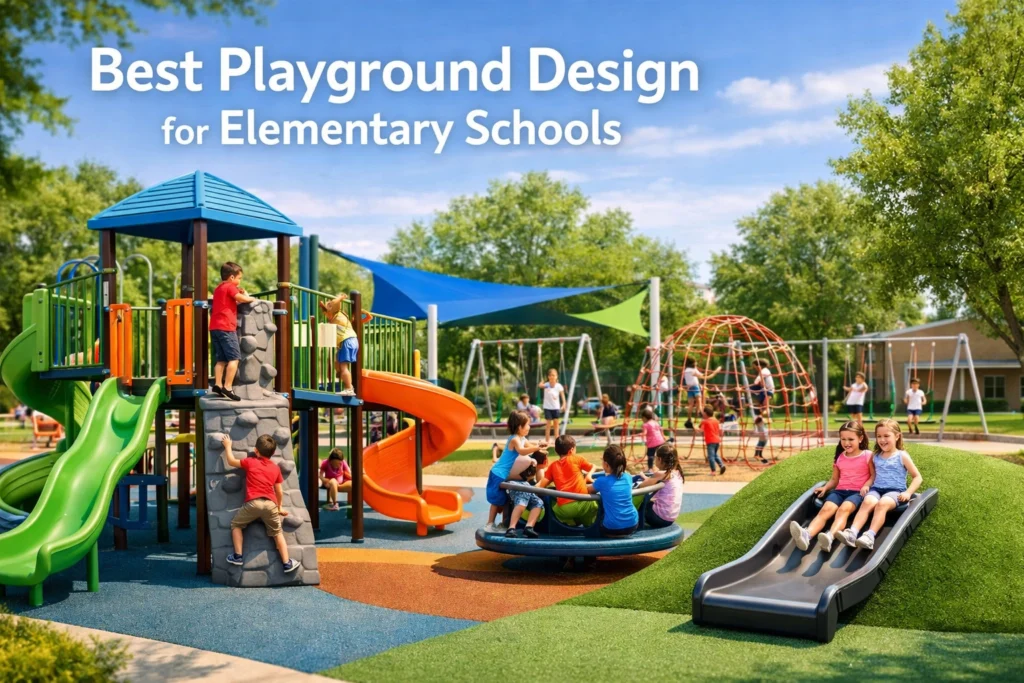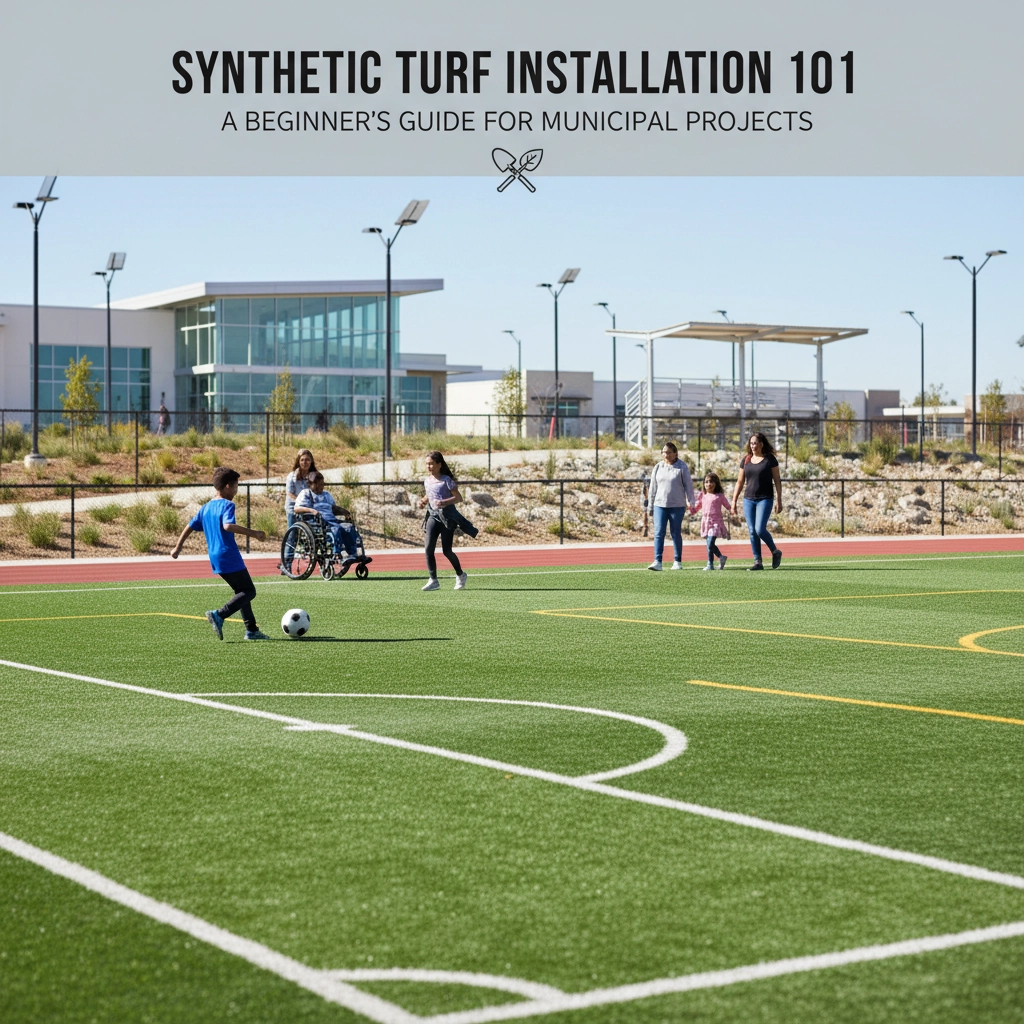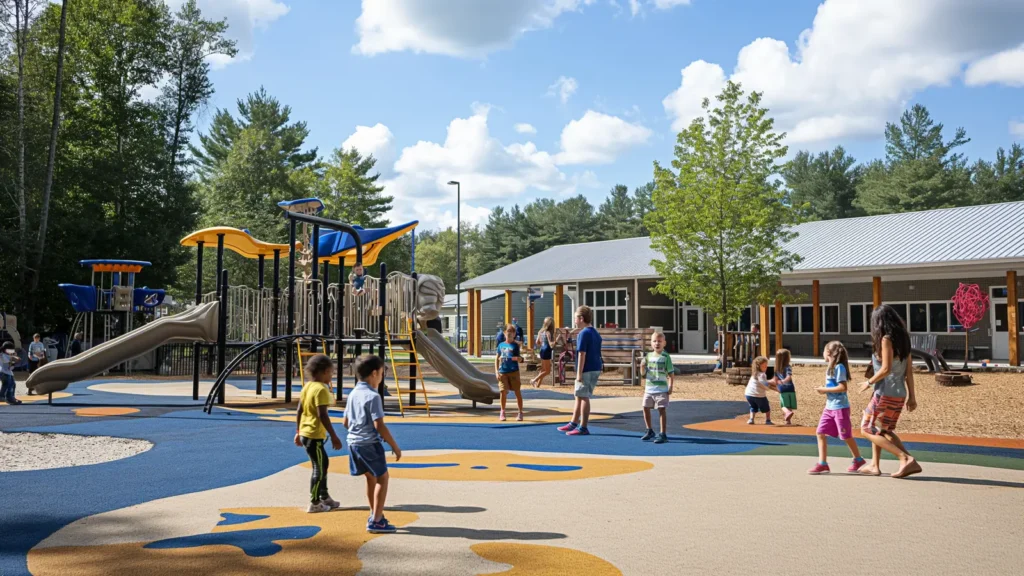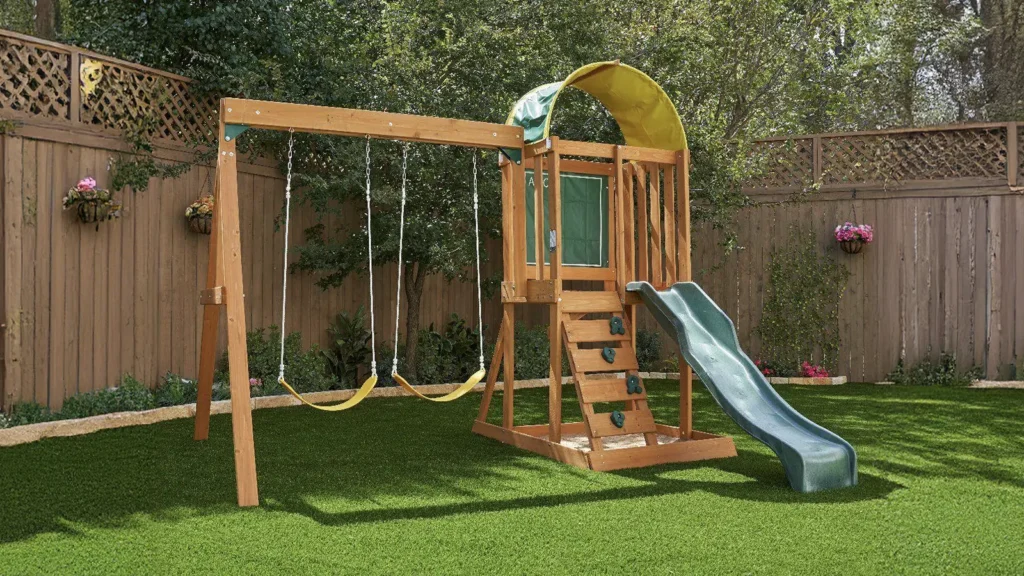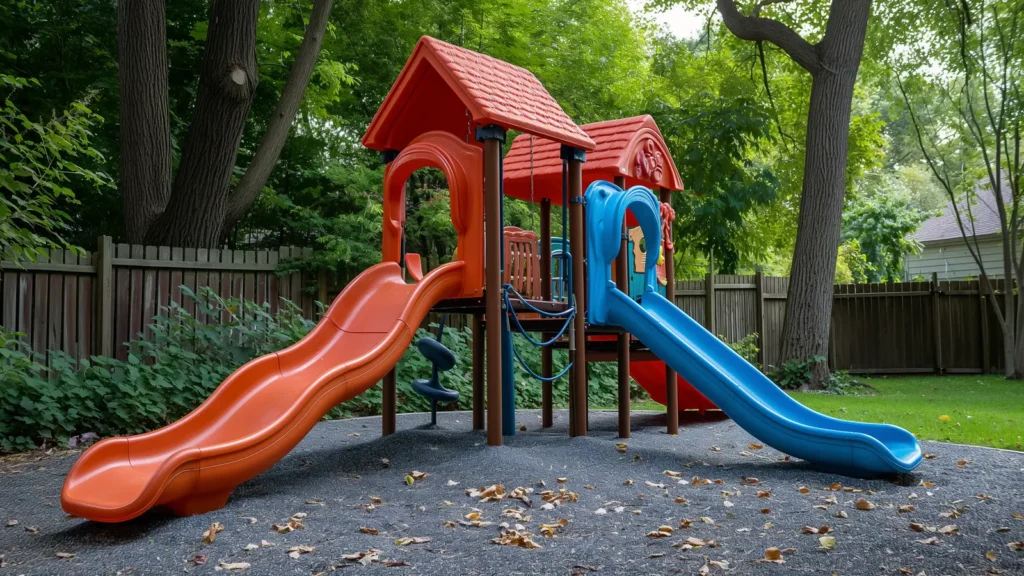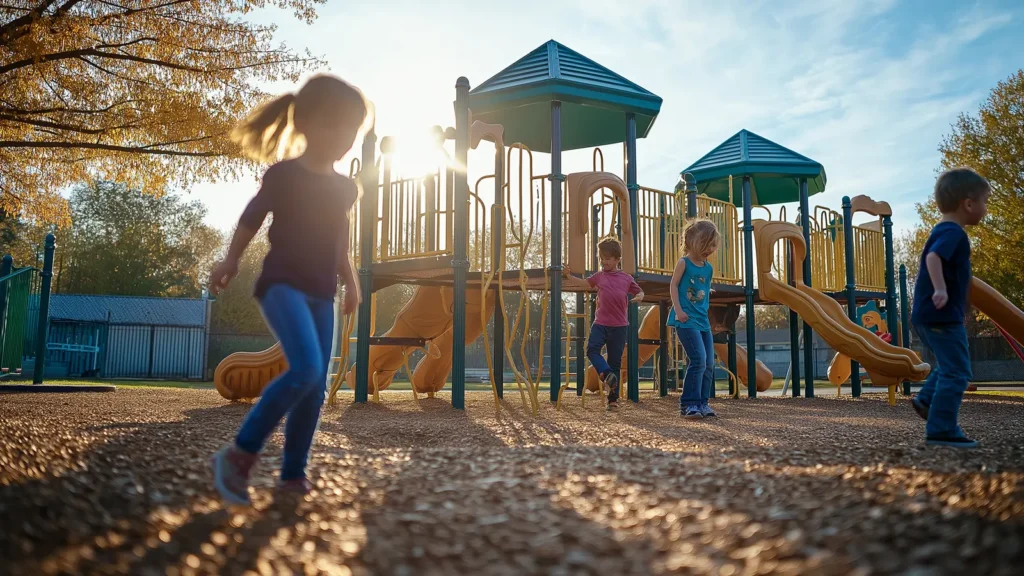Playgrounds are more than just a place for children to expend pent-up energy; they are vital environments that contribute to a child’s development in numerous ways. From physical benefits to cognitive growth, playground equipment supports various aspects of child development, fostering skills essential for life. These spaces allow children to engage in essential motor skills activities, develop problem-solving abilities, and learn social norms through interactions with other kids.
Beyond their role in promoting physical activity, playgrounds offer a safe space where kids can explore their surroundings, engage in imaginative play, and develop social skills. Playgrounds in community parks and city playgrounds serve as a common ground where children of different ages and abilities can interact, play games, and learn from each other. This interaction enhances their social and emotional development and teaches valuable empathy, cooperation and inclusivity lessons. Children build self-confidence and resilience by navigating the diverse challenges of various types of playground equipment.
This article explores the diverse benefits of playgrounds and how different types of equipment support various aspects of child development. From enhancing physical development with monkey bars and climbing walls to fostering cognitive skills through puzzles and themed playgrounds, playgrounds play a crucial role in nurturing well-rounded, healthy children. Investing in quality playgrounds is essential for promoting an active lifestyle, improving mental health, and ensuring the well-being of children and the entire community. By understanding and maximizing the benefits of playgrounds, we can create enriching environments that support the growth and development of every child.
